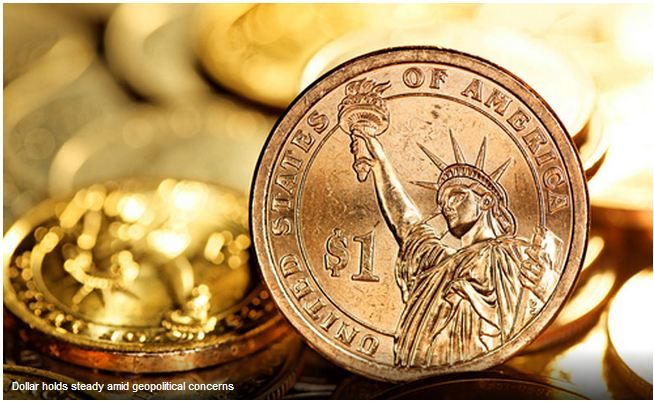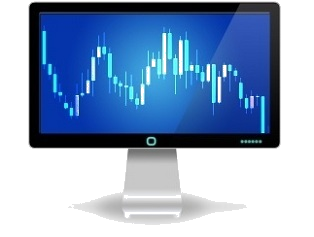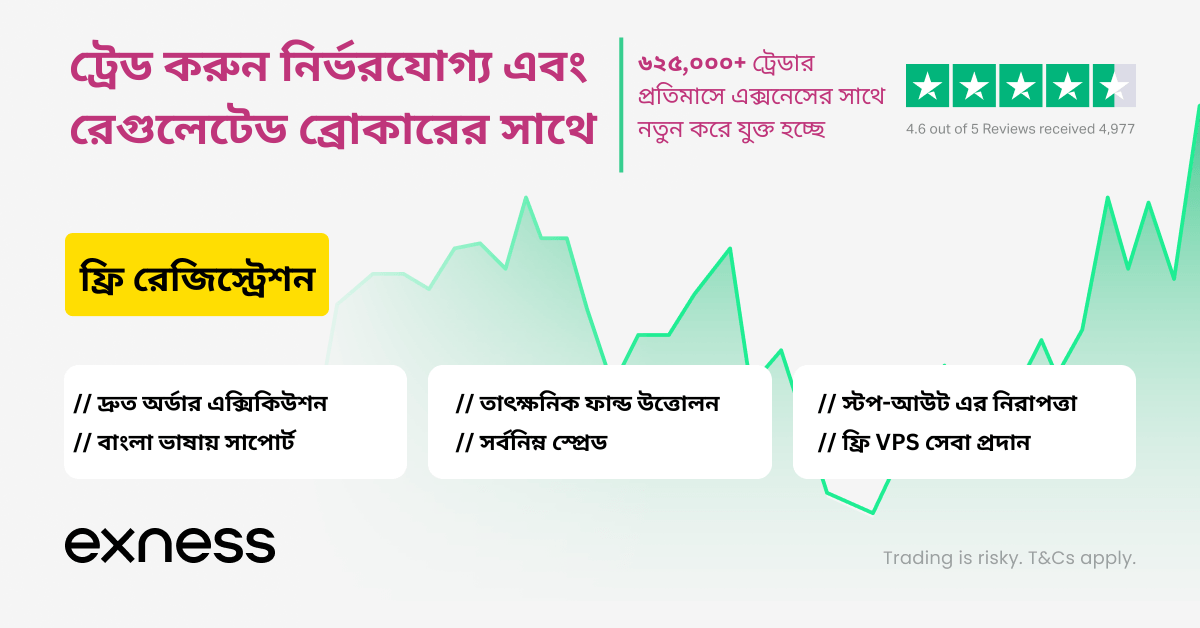The dollar was little changed against other major currencies on Wednesday, as investors remained cautious amid ongoing geopolitical tensions around the world.
EUR/USD added 0.15% to 1.0620.
Earlier in the week, a U.S. Navy strike group was sent toward the western Pacific – a force U.S. President Donald Trump described as an “armada”.
North Korean state media warned on Tuesday of a nuclear attack on the U.S. at any sign of American aggression.
Meanwhile, U.S. Secretary of State Rex Tillerson was expected in Moscow on Wednesday where he was set to meet with his Russian counterpart Sergey Lavrov to discuss Ukraine, counterterrorism, bilateral relations and other issues, including the Korean Peninsula and Syria.
Separately, the United Nations Security Council was set to host a meeting regarding the ongoing Syrian conflict.
Elsewhere, GBP/USD eased up 0.11% to 1.25023 after the U.K. Office for National Statistics said the unemployment rate remained unchanged at an 11-year low of 4.7% in February, in line with expectations.
The claimant count unexpectedly increased by 25,500 in March, compared to expectations for a decline of 3,000.
Meanwhile, the average earnings index rose 2.3% in the three months to February, compared to forecasts for an increase of 2.2%. Excluding bonuses, wages rose by 2.2%, beating forecasts for a 2.1% gain.
USD/JPY held steady at 109.69, while USD/CHF slipped 0.16% to 1.0061.
The Australian dollar was little changed, with AUD/USD at 0.7497, while NZD/USD declined 0.34% to 0.69369.
Meanwhile, USD/CAD eased 0.08% to trade at 1.3316.
The U.S. dollar index, which measures the greenback’s strength against a trade-weighted basket of six major currencies, was steady at 100.56.

























































